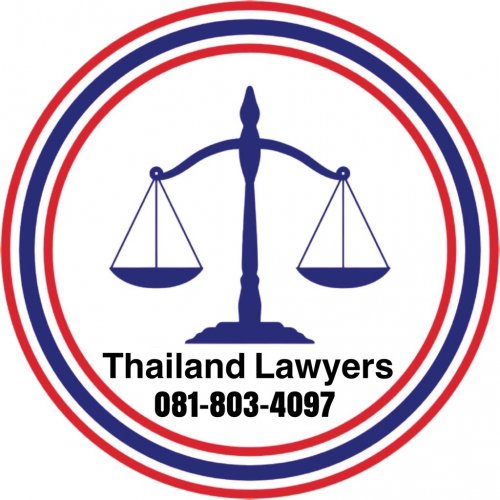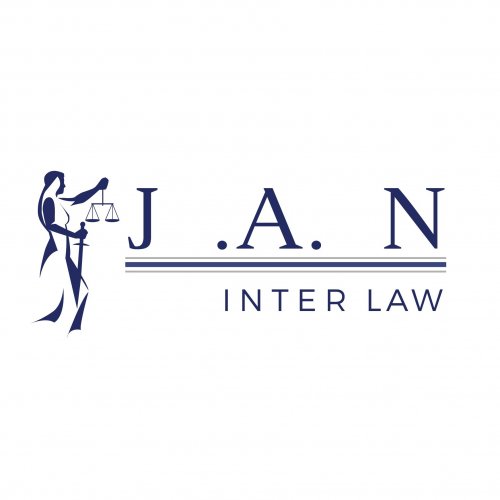At CB Law firm, we work based on a transparent process.
Our clients have a choice as to what basis of engagement agreement they want to work with us:
- Scope of work
- Hourly charge
- Retainer
Most of our clients choose to work on a Scope of Work basis.
Under Scope of Work an agreement is made that specifies the different parts of the process that are to be carried out together with our clients and the total price for all those services. Items that fall outside the Scope of Work, like translation services are also indicated.
This gives our clients the assurance of not having to face ever increasing legal bills.
About Chartdee & Banning Lawfirm
Founded in 2005
50 people in their team
Practice areas
Languages spoken
Free • Anonymous • Expert Lawyers
Need Personal Legal Help?
Connect with experienced lawyers in your area for personalized advice on your specific situation.
No obligation to hire. 100% free service.
Practice areas
Family
FAMILY LAW
Issues may arise in family law where there is a question as to the laws of the jurisdiction that apply to the marriage relationship or to custody and divorce, and whether a divorce or child custody order is recognized under the laws of another jurisdiction. For child custody, many nations have joined the Hague Convention on the Civil Aspects of International Child Abduction in order to grant recognition to other member states' custody orders and avoid issues of parental kidnapping.
Banking & Finance
Immigration
IMMIGRATION LAW & LABOR LAW
Visa and immigration law is outlined in the Immigration Act BE 2522 (1979) and its amendments. The Immigration Bureau of the Royal Thai Police administers the law, while the Immigration Commission shall have power and duty to make decision such as giving or revoking permission to stay. WP is part of Labor Law which we provide together with VISA's.
Energy, Environment & ESG
Employment & Labor
IMMIGRATION LAW & LABOR LAW
Visa and immigration law is outlined in the Immigration Act BE 2522 (1979) and its amendments. The Immigration Bureau of the Royal Thai Police administers the law, while the Immigration Commission shall have power and duty to make decision such as giving or revoking permission to stay. WP is part of Labor Law which we provide together with VISA's.
Business
COMMERCIAL LAW
Commercial law includes within its compass such titles as principal and agent; carriage by land and sea; merchant shipping; guarantee; marine, fire, life, and accident insurance; bills of exchange, negotiable instruments, contracts and partnership. It can also be understood to regulate corporate contracts, hiring practices, and the manufacture and sales of consumer goods. Many countries have adopted civil codes that contain comprehensive statements of their commercial law.
Criminal Defense
CRIMINAL LAW
Criminal offenses that can lead to arrest and imprisonment are enumerated in the Thai Penal Code (or Criminal Code) as well as numerous other statutes. Criminal procedures are outlined in the Criminal Procedure Code.
Corporate & Commercial
Lawsuits & Disputes
LITIGATION
Our lawyers are licensed by the Thai Bar Association to present and examination your case in court.
Civil & Human Rights
CIVIL LAW & USUFRUCT
This section of law aims to repair damages caused by others. In Civil Law, the owner who gives the Usufruct is called in French “nu-propriétaire” or by literal translation in English “naked-owner”. It means that the owner has nothing else than the ownership: He can’t use his possession, even if he is the owner. Besides possession and enjoyment of the property, the Usufructurary has also the legal right to use and derive benefits from the property that belongs to another person, as long as the property is not damaged. It means that you can enjoy this property, even ask the owner to leave the property, can sublease and get the money from the rent, and this, until the end of your life. It is NOT restricted to 30 years maximum. On top of that, if you decide to build on this land, it is possible for you be the full owner of the buildings and constructions. It is really a strong right. If you would like to use this right for industrial purposes, be aware that some taxes might be required.






